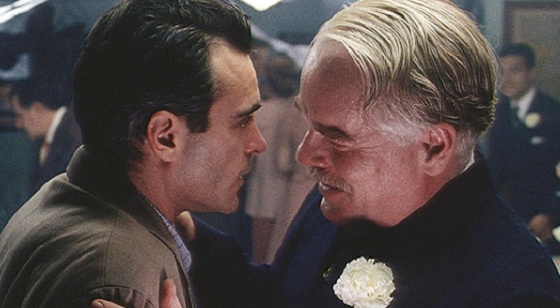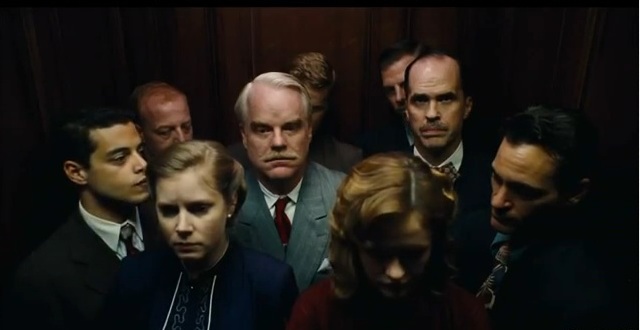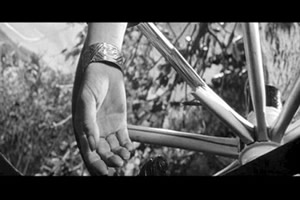Just to let you know, up front, I might gush a bit at the
film Ruby Sparks. But it’s not really my
fault. I love magical realism and movies
about writing and touching romances. It
just gets me right here, you know? The two
films Ruby Sparks is just like are probably Stranger Than Fiction about a man
whose life is being determined by a novelist he’s never met and (500) Days of
Summer, a quirky, funny movie about a breakup.
Like (500)… this tells the story of a romance from a male
point of view, and how screwed up he is in it.
It is clever and wonderful and heartfelt and it makes you really
sympathize with the screwed up, selfish, sometimes abusive guy. In the end he sees how screwed up he is, so
that’s okay, right?
Like Stranger, this film speaks of the magic of creation
through writing. It really is magic, but
it is fascinating because we also recognize it as real. To write a character, or at least to do so
well, is to create a new person that people—perhaps yourself—can appreciate,
argue with, explore, discover life with, and even love or hate. To write or read a character is to bring a
new person into your life. We recognize
that when, at the end of a marvelous book, we are saddened by the fact that we
won’t be with this person, or these people… perhaps ever again. No wonder Kathy Bates got so upset. Really, wouldn’t any of us?
At this point, I’m not going to go into the details of the
plot of Ruby Sparks. It explores an idea
with some cool characters and if what I haven’t written above doesn’t encourage
you to see it, then I won’t be able to write more to do so. Perhaps it is enough to say I loved it.
Below is a reflection on the film. Although much of it is tangential to the
film, I highly recommend not reading it unless you have seen it.
* * *
Relationships are difficult.
Your significant other has habits you hate, says
inappropriate things, misrepresents you as a couple, complains about your
normal behavior, and embarrasses you.
Why do we remain in such a relationship, with so much baggage? Because, of course, there are things you love
about the other person, but most of all you are IN LOVE with the other. You are no longer you yourself, but you are a
part of them and they are a part of you.
And that’s the problem.
Because all of these unacceptable behaviors are not just a part of the
other person, but a part of “us” and “us” is a part of you. This is where controlling behavior in a
relationship begins. We control our
significant other in the same way we control any irritating, immoral,
unacceptable behavior in ourselves, because the other is now a part of
ourselves.
Once a relationship matures, there are three people: “you”, “I”
and “us” and the “you” behavior can be separated from the “us”, but at first it
is difficult to measure that out. Some
people never grow in this way.
The difficulty for Ruby is that she has no real backbone, no
real “self” except that was created by Calvin (a very deterministic name, to be
sure). There is a “you” in Ruby, but a
very weak one, one that is dependent completely on Calvin. Ruby is little more than a sim, and Calvin is
her god. She can leave her god, but in
the end he is in control.
One of the reasons a human being finds it difficult to be
God, or even a god, is because we are so filled with ambitions and hopes and
desperate desires that must be fulfilled, that we cannot leave free will
alone. If we had complete control over
our significant other, which of us would set that aside, completely, to allow
them to be their own person. Eventually,
all of us, convincing ourselves that we were doing it for “their own good”
would use the power to control in order to make “the relationship better.” In other words, we would control the other in
order to fulfill our own desires.
Relationships are tough.
And that’s the way it’s meant to be.
If one person in a relationship controlled all aspects of
the relationship, then there is no growth.
Sure, there could be growth of each individual person in other aspects
of their lives, but not in the relationship.
If a relationship is seen as a perfect, unchanging entity, then it is,
by definition, incomplete, imperfect.
We are meant to be in relationship, because we need to
grow. And growth only comes from conflict
with one whom one must remain attached.
The struggle between the attraction and the unacceptable, both within
the same person, is how we grow. We
learn to compromise, to mediate, to surrender, to convince, to seduce, to
minimize, to forgive. We learn to love.
Because love isn’t just the overwhelming feeling of desire
or connection. That’s just the first
step. Love is learning to live with the
other that is so vastly different than the self. Love
is the blending of the self with the other, while never actually erasing the
other or the self. Neither control nor
complete surrender has any part in love.
I just want to say one more thing about the film that I hope
the writer and female star of the film never reads. (Zoe, if you do read this,
I am sure you deeply disagree with me on this, but it’s just the funny way I
see these things, okay? I really loved the movie, so just remember that.)
The movie is about Calvin who controls his relationship with
his girlfriend, and how he learns not to be so controlling. But in reality, not the film, it is Zoe, who
plays Ruby and who wrote the screenplay, who is in control. And Paul Dano, who plays Calvin is her boyfriend. So in reality, while the film might be about
men controlling women, it is actually about a woman finally getting control
over her real life relationship, making her boyfriend grow up by her own
literal script.
Control goes two ways.
It always does.


























